Positive Psychology & Film: Love
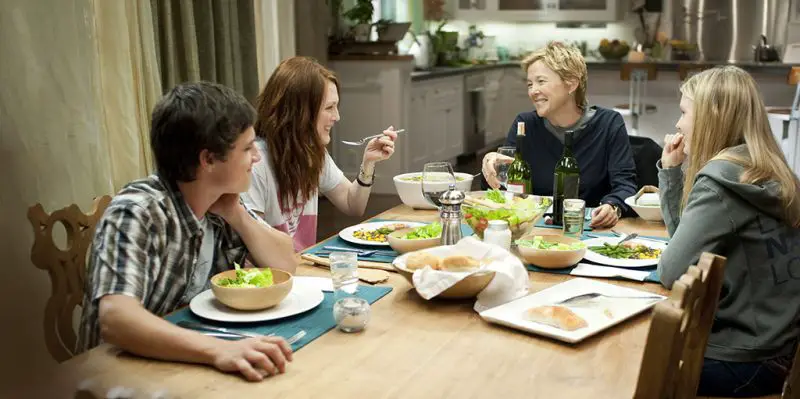
Laurie Agard studied Psychology and Writing in graduate school after…
“Human beings are starved for love.” – Erich Fromm
This article is part of a series. Find the first part here.
What is Love?
In 2014 the number one search phrase on Google was – “What is love?”
Stefan Deutsch, psychotherapist, President of the Human Development Company, believes people are asking Google what love is because they don’t know the answer. To begin to solve the enigma he’s organized The First International Symposium Toward a Unified Science of Love. On June 26 in Manhattan New York, I will be filming the scholars, psychologists, philosophers, researchers, artists, and authors – each with their uniquely different backgrounds and approaches – as they open their hearts and minds to new concepts and try to arrive at a unified theory.
Today we know that one reason loving behaviors feel good is because they help us generate important hormones for wellbeing and healing. This includes oxytocin ‘the love hormone’ and vasopressin. They also generate endorphins that lower our blood pressure and reduce stress. Deutsch believes we need to incorporate this new science into our definition of love, agree on common terminology, and develop the tools that will help people behave more lovingly to self and others and break the cycle of dependency.
“This will be the first step toward establishing a serious science,” Deutsch says. “Once love is defined, we can begin collaborative research in earnest and develop the language and tools that will help every person give and get all the love they need and deserve. We’d never accept having every cardiologist have their own definition of the heart or how it functions. That’s not science!”
But what about film? How do most filmmakers present love?
Research indicates that corporate media (film studios, television networks, songs, and advertisements) predominantly focus on a glorified romantic love. In this type of love romance and physical passion dominate love’s features. Women are most often loved more than men for their physical beauty. Love is portrayed as very exciting and feeling good, but the downsides of romantic love are often not reflected accurately.
In this type of love, passion for one’s partner can be destructively distracting. Certain aspects of women are often put on a “pedestal” creating patriarchal dating scripts and benevolent sexism that ultimately diminish women’s overall status in society. Corporate media’s popular idea of love tells people if their partners really love them or are attracted to them they will respond to them like the fictional partners do in film. It tells people their partners are not as good as the ideals they see at the movies.
Some research shows that real-life relationships and marriages actually end when people detect the film version of passionate, romantic love fading. This phenomena is part of what is called the cultivation theory, which holds that media develops attitudes about the real world and guides people to believe that their own lives should look and feel like the media portrayals.
Contrary to what media most often depicts extensive research indicates that most long-term couples focus on love that has the following top twelve features: trust, care, honesty, friendship, respect, desire to promote the well-being of the other, loyalty, commitment, accepting the other without wanting to change the other, support, desire to be in the other’s company, and consideration of and interest in the other.
The following films exhibit types or aspects of love not portrayed as often in popular media. If you’ve seen these films before it can be interesting to watch them again and pay attention to the issue of love. According to The VIA Institute on Character love is classified under the virtue of Humanity, which describes strengths that manifest in caring relationships with others. Using film to recognize and build character strengths like love can be a new way of identifying and strengthening our capacity to love and be loved.
About Time (2014)
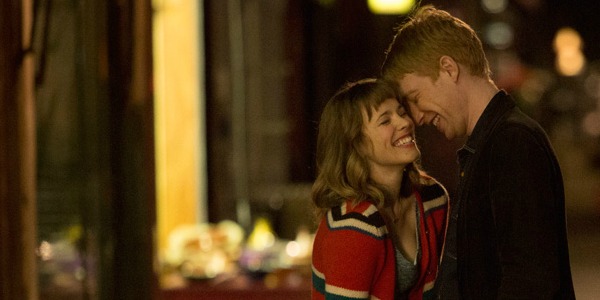
Character Strengths and Virtues: intimate love, familial love, zest, perseverance, gratitude, transcendence, synchronicity
Themes: time travel
Another Year (2010)

Character Strengths and Virtues: humanity, social intelligence, gratitude, love, self-regulation, family teamwork, kindness, honesty
Themes: Sternberg’s Triangular Theory of Love, parenting, alcoholism, positive married relationship
Beaches (1998)
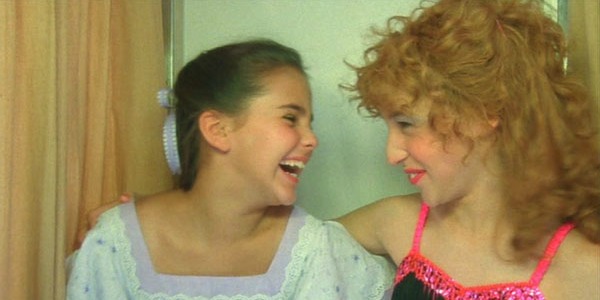
Character Strengths and Virtues: humanity, companionate love
Themes: female bonding and friendship
Carol (2015)

Character Strengths and Virtues: humanity, love, self-regulation, social intelligence, perseverance, forgiveness, honesty
Themes: intimate love. women from different backgrounds fall in love with each other, divorce, child custody
The Dream Life of Angels (1998)
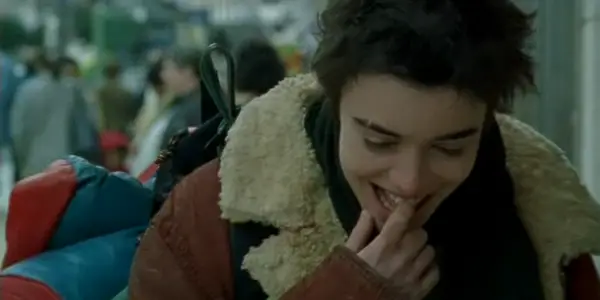
Character Strengths and Virtues: hope, zest, humanity
Themes: trying to maintaining friendships with psychological opposites
The Kids are All Right (2010)

Character Strengths and Virtues: forgiveness
Themes: positive family relationships
Morvern Callar (2002)

Character Strengths and Virtues: appreciation of nature’s beauty
Themes: being mindful in appreciation of nature contrasted with valuing stimulation, sex, and partying
My Afternoons With Margueritte (2010)
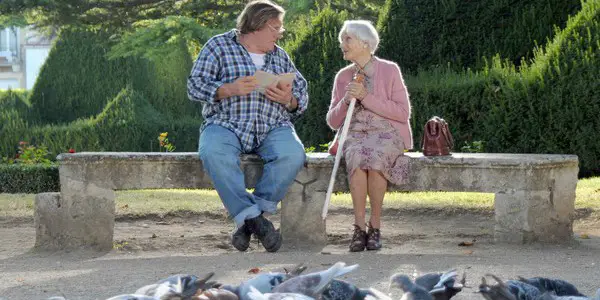
Character Strengths and Virtues: humanity, companionate love
Themes: positive friendship, illiteracy, aging
The Prize Winner of Defiance Ohio (2005)

Character Strengths and Virtues: optimism, hope, perseverance, resilience, creativity, gratitude, familial love, humor
Themes: mother of 10 supports her family by winning jingle writing contests, problem-solving, coping with financial stress, alcoholism, focusing
on what you have rather than what you don’t have
Run Lola Run (1998)

Character Strengths and Virtues: zest, perseverance, gratitude, transcendence, synchronicity
Themes: the importance that choices make in our lives, faith in one’s relationship
In her book Positivity, Kenan Distinguished Professor of Psychology Barbara Fredrickson wrote, “There is a reason love is called a many-splendored thing. It’s not a single kind of positivity. It’s all of the above, encompassing joy, gratitude, serenity, interest, hope, pride, amusement, inspiration, and awe. What transforms these other forms of positivity into love is their context.”
What do you think love is? What are the negative consequence of our lack of knowledge about what love is? Do you think love can be defined? Do you think films influence how we love and think about love? If they do, what is our responsibility as filmmakers? Or do we have one? Please share your thoughts in the comments!
Positive Psychology & Film Series
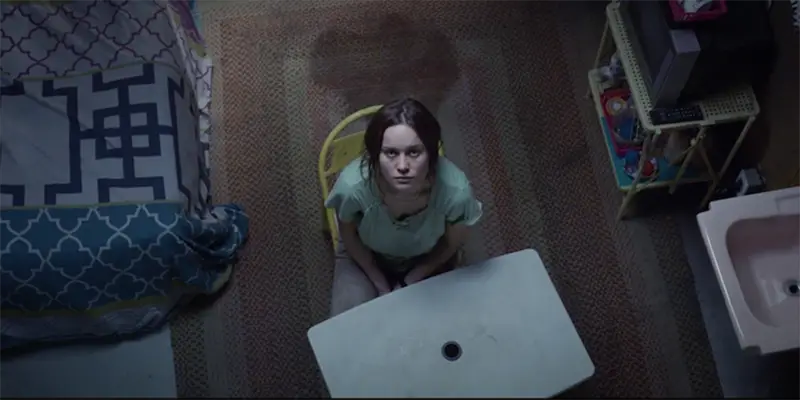
Positive Psychology And Film
You can improve your life by paying attention to how films use characters and themes to explore human values, virtues, and character strengths.

Positive Psychology & Film: Women’s Careers
A common stereotype in film is that women don’t work and have no career. What can we learn from the films in which women’s careers are at the forefront?
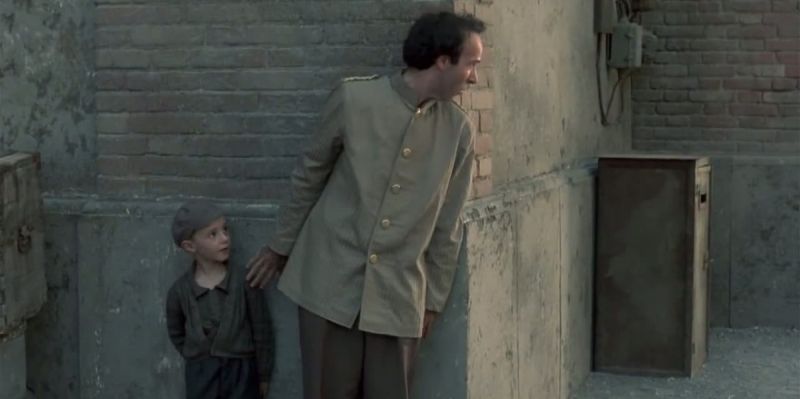
LIFE IS BEAUTIFUL: Through The Lens Of Positive Psychology
In this part of Positive Psychology & Film, Laurie Agard interprets Life Is Beautiful, the inspiring and gut-wrenching Italian war film.
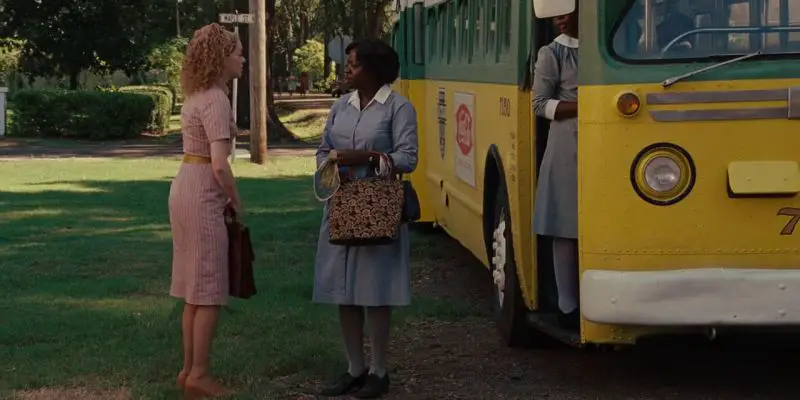
Positive Psychology & Film: Films Featuring Ethnic Minorities
It’s critical that media show that all people belong. However, very few films in the United States are made by and about ethnic minorities.
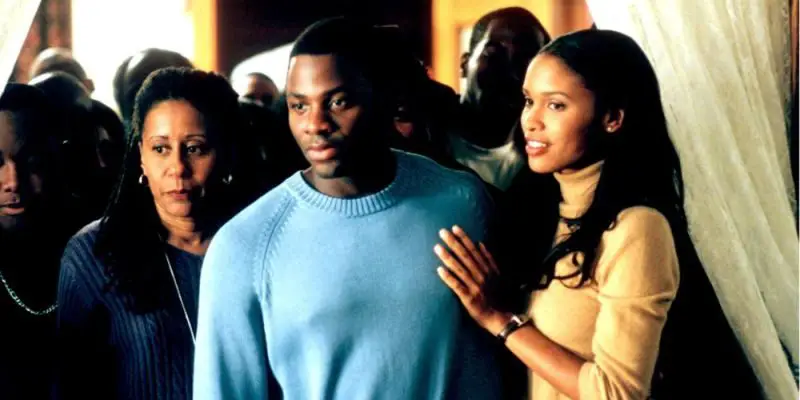
Positive Psychology & Film: Atypical Dating Scripts
Films and culture provide us with scripts that help us make sense of dating and sexuality. Unfortunately, many of the scripts are outdated.
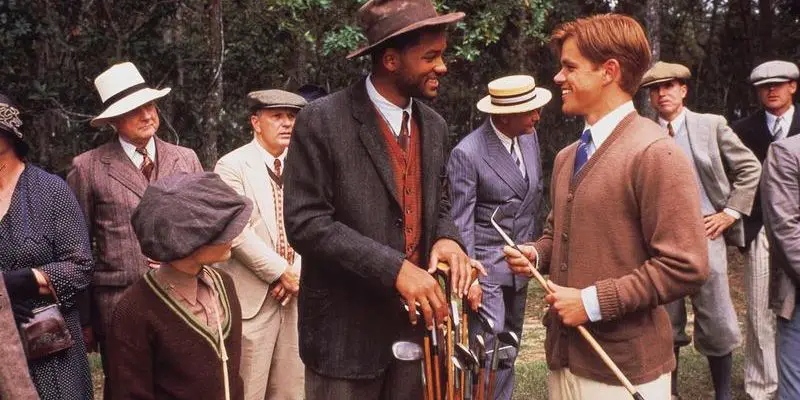
Positive Psychology & Film: Flow
“Inside each and every one of us is one true authentic swing … Somethin’ we was born with … Somethin’ that’s ours and ours alone …

Positive Psychology & Film: Parenting With Children’s Films
“Interest can produce learning on a scale compared to fear as a nuclear explosion to a firecracker.” Stanley Kubrick on the importance and power of curiosity. As educators and parents we want to to care for, nurture, mentor, socialize, and provide for our children to the best of our ability.

SILVER SKIES: A Positive Psychology Film Analysis
Silver Skies shows us how full of love, passion, friendship and fun the lives of the elderly are, and how we can learn from this depiction.

WHILE TIME STANDS STILL: A Positive Psychology Film Review
Elena Miliaresis’ documentary While Time Stands Still tells the story of the hardships of military families – Laurie Agard considers the psychological aspects.
Does content like this matter to you?
Become a Member and support film journalism. Unlock access to all of Film Inquiry`s great articles. Join a community of like-minded readers who are passionate about cinema - get access to our private members Network, give back to independent filmmakers, and more.
Laurie Agard studied Psychology and Writing in graduate school after becoming a Director member of both the Directors Guild of America and the Academy of the Television Arts and Sciences. She associate produced ABC’s Secret Millionaire and wrote, directed, and produced two independent films that premiered on HBO, ABC Family, we TV, as well as networks such as Fox Latin America, Sky TV, Starz, Showtime, and Encore in 45 territories around the world. Her films have received New Comer of the Year awards and Best Children's Feature awards from prestigious organizations such as Kids First!, Hollywood Youth in Film, and the New York Film and Television Festival. She co-directed the Directors Guild of America’s first ever tribute film for and about its female members.













